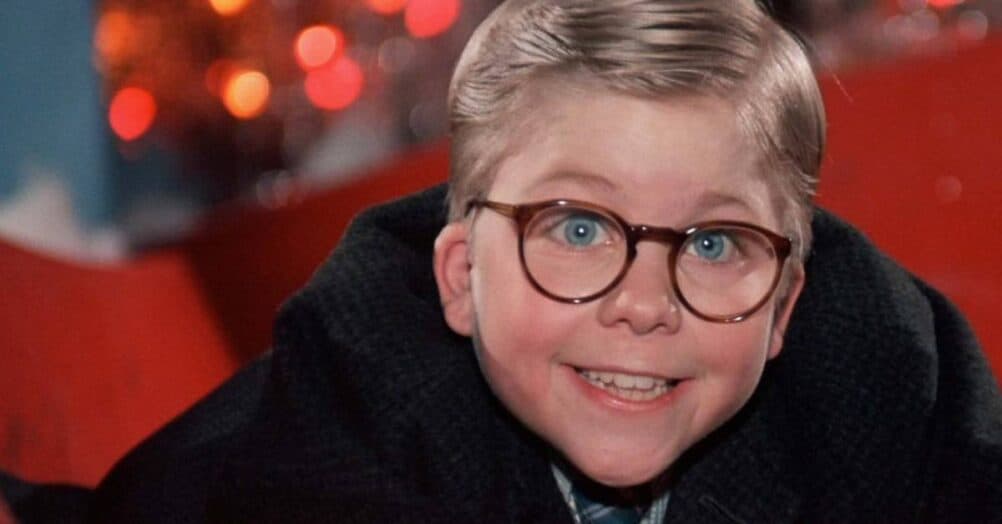Last Updated on August 5, 2021

PLOT: In the early days of the second Sino-Japanese War, an American mortician, John Miller (Christian Bale), in China to bury a European priest, finds himself caught up in the infamous “rape of Nanking”. He takes shelter in a Catholic convent for young girls, eventually drunkenly donning the robes of the deceased priest in an effort to impress the girls of a local brothel, who are also taking shelter in the church. However, when Japanese soldiers arrive at the convent, bent on raping the several dozen young girls housed there, Miller poses as a priest, using the protection of the church and his American nationality as a way to save the girls.
REVIEW: The Rape of Nanking stands as one of the darkest chapters in recent Chinese history. It began on December 17th, 1937, as the city of Nanking fell to its Japanese invaders. The invading Japanese soldiers, who had been indoctrinated to view the Chinese as sub-human, embarked on a blood-curdling campaign of mass-murder and rape, which eventually claimed the lives of several hundred thousand Chinese civilians and disarmed soldiers.

Considering the subject matter, it’s no surprise that Zhang Yimou’s THE FLOWERS OF WAR is a deeply disturbing film to watch. Indeed, the Japanese atrocities are not shied away from, with an extended rape-murder sequence being gruesome enough that I had to take a quick breather afterward. However, Yimou’s film, while very hard to watch at times, doesn’t necessarily linger on the atrocities, as more than being a film about rape and murder on a genocidal scale, THE FLOWERS OF WAR is about the kind of unlikely heroism that can emerge in the darkest of circumstances.
In that way, THE FLOWERS OF WAR is very much in the tradition of films made about the Holocaust, with Bale’s character being similar to figures like Oskar Schindler, or the characters depicted in the recent IN DARKNESS. Miller is a selfish man, who, even after witnessing first-hand the slaughter of civilians by the Japanese, is more concerned with being paid the money the convent owes him for burying their priest, than saving anyone. It’s only when he gets to know the girls, and sees one of them cruelly raped and murdered by the Japanese that the hero within emerges.
It’s worth noting however, that Miller is a fictional character. There were indeed Americans present in Nanking that sheltered civilians in churches, but their stories are not depicted here. I suppose this was a concession to the fact that by fictionalizing Miller, star Christian Bale gets more of an opportunity to play to his strengths, which has always been depicting the inner turmoil of his characters. Bale is excellent, although in his recent review, Roger Ebert had a point when he asked that if the character was indeed being fictionalized, why did it have to be played by a white Hollywood superstar. Couldn’t it have been played by a Chinese actor?
As it is though, Bale is very good, as is the rest of the cast, which is composed of mainland actors, such as the ravishing Ni-Ni, who plays one of the brothel girls and serves as Bale’s love-interest. Again though, a romantic subplot set against the Nanking massacre is a bit off-putting, and it really does seem at times that Zhang Yimou, rather than play to his own strengths is trying to make a Hollywood-style film. As I’ve never been opposed to a little melodrama, it worked for me, but I imagine a lot of other viewers will have a hard time swallowing this part of the movie.

Melodrama aside, as a depiction of the Nanking Massacre, THE FLOWERS OF WAR is a powerful, harrowing piece of work. Much has been made about the notion that as a Chinese production, the film was bound to have a Nationalistic fervor- but really, I think that’s unavoidable. You could say the same thing about American War films. One subplot features a lone Chinese soldier holding off the Japanese with his sniper rifle, and eventually going out in a massive blaze of glory, where he manages to kill off about a dozen soldiers while protecting the kids of the church. This is about a Nationalistic as the film gets, but to me there nothing wrong with a subplot like this, as we wouldn’t think twice about a similar action sequence in an American film. It’s also noteworthy that Yimou’s film is more balanced that you’d think, with a Chinese collaborator with the Japanese being depicted very sympathetically. The Japanese are presented as brutes, but in this case, I’m afraid that’s exactly what they were- as it was a pretty disgusting chapter in that country’s history.
While THE FLOWERS OF WAR is not quite the definitive Nanking film that some were expecting from Yimou, it’s certainly better than many critics are saying it is, and it’s worthwhile in that it truly sheds a light on an event that should never be forgotten.


















Follow the JOBLO MOVIE NETWORK
Follow us on YOUTUBE
Follow ARROW IN THE HEAD
Follow AITH on YOUTUBE